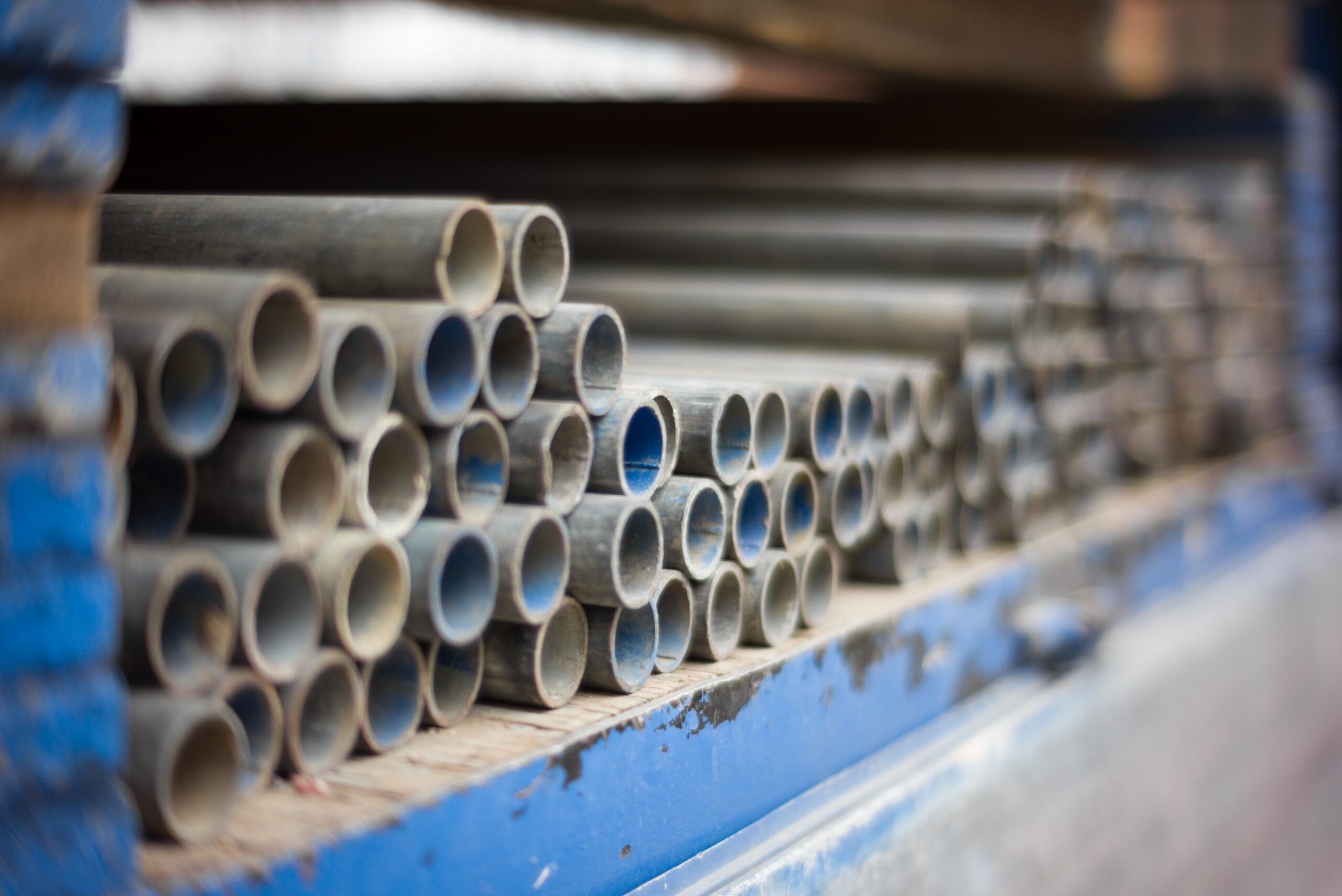Can a Clogged Drain Affect Indoor Air Quality?
In the quest to maintain a healthy and comfortable home, maintaining clear drains is essential. Not only do clogged drains pose a threat to your plumbing system, but did you know that they can also significantly affect your indoor air quality? In the following blog, we’re going to take a look at how clogged drains can affect the air in your home, how to identify air quality concerns, and how to prevent drains from impacting you and your family’s health. Let’s take a look!
What is indoor air quality?
Indoor air quality (IAQ) is an integral component of our health and comfort within our homes. Indoor air quality is typically determined by the concentrations of pollutants in the air, as well as how much fresh air is brought in. While many factors contribute to the overall air quality, one potential culprit that’s often overlooked is the state of our household drains.
Can a clogged drain affect indoor air quality?
Yes – clogged drains are more than just a minor inconvenience or plumbing issue; they can also impact your home’s indoor air quality. When drains become blocked, water backs up, creating a breeding ground for bacteria and mould. Over time, these can release toxins and spores into the air, contaminating your home’s air quality.
What are some health risks associated with poor indoor air quality?
The health effects of poor IAQ can range from short-term irritations to long-term respiratory issues, depending on how quickly ongoing issues are rectified. That said, prolonged exposure to toxins and mould spores from clogged drains can cause symptoms such as headaches, dizziness, fatigue, and even allergic reactions. In more severe cases, they may lead to respiratory diseases and even exacerbate existing conditions such as asthma.
Also Read: Eco-friendly Drain Cleaning Methods
How to identify if your clogged drain is affecting your air quality
If you think your drains might be impacting the quality of air in your home, there are a few tell-tale signs to look out for. These signs include persistent unpleasant odours, particularly around drains or damp areas, frequent allergic reactions among household members, or an increase in respiratory issues. If you also notice frequent clogs or slow drains, it’s worth considering your drains as potential contributors to problems with indoor air quality.
Implement regular drain maintenance
Regular maintenance is key to preventing clogged drains: this can include simple practices like regularly flushing your drains with hot water to break down and remove minor blockages, and regularly monitoring your drains to observe any changes in drainage speed. For a more thorough cleaning, consider using a mixture of vinegar and baking soda, which can help to dissolve stubborn build-ups.
Avoid disposing of certain items down the drain
Certain items should never be thrown down the drain, and many household staples are known to cause blockages. In the kitchen, avoid washing down fats, oils, and grease, which can solidify and block pipes. In the bathroom, items such as hair, wipes, cotton buds, and sanitary products should be disposed of in the bin rather than the toilet. Failure to do this can cause blockages in your home, and even cause fatbergs elsewhere!
Use drain screens or covers
A simple, cost-effective prevention method is to use drain screens or covers: these catch items like hair, food particles, and other debris, preventing them from entering the drain. Remember to clean these screens regularly to ensure they continue to function effectively.
Read More: The most common DIY plumbing mistakes
Consider professional drain cleaning services
If you’re dealing with recurrent clogs, or you just want a thorough, professional cleaning, consider hiring professional drain repair services. They’ll have the tools and expertise to effectively clean your drains without damaging your plumbing system, and regular professional cleaning can help ensure that your drains stay clear and in good working order.
Ultimately, preventing clogged drains is a proactive step towards fostering a healthier, more comfortable home. By being mindful of what goes down our drains, implementing regular maintenance routines, and considering professional services when necessary, you can help ensure clean, functional drains and, by extension, cleaner indoor air.
Read Next:

